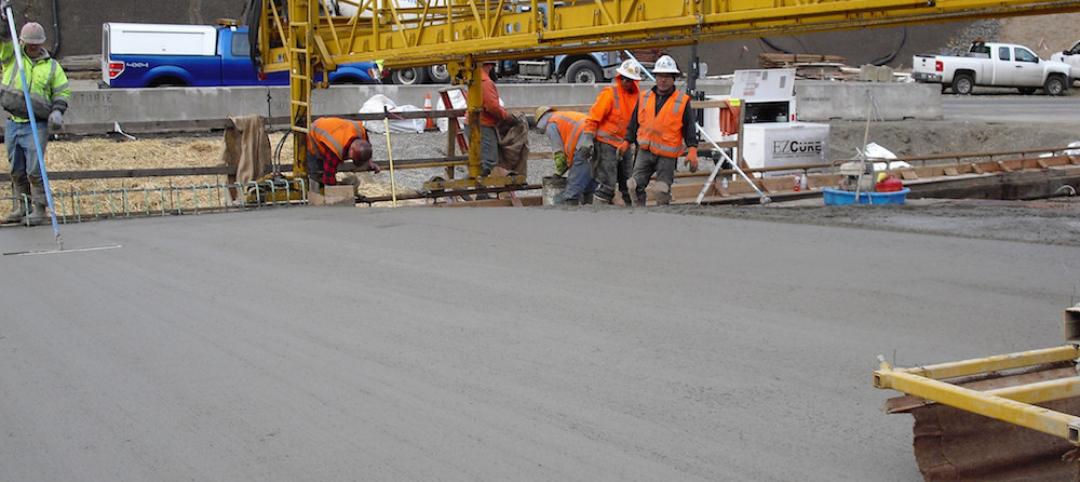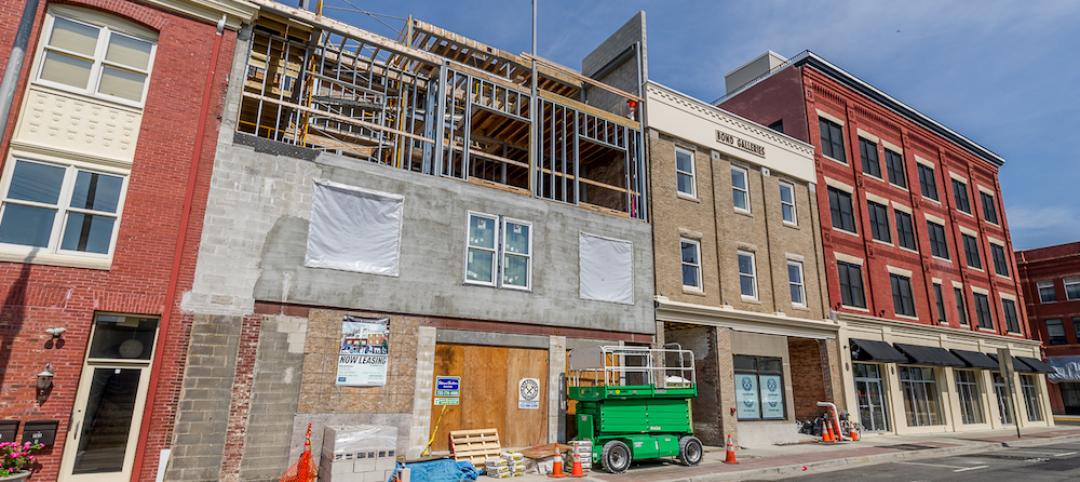A new version of ASTM E1527 standard for Phase 1 Environmental Site Assessments is expected to be completed this year.
The new standard would affect about 250,000 commercial real estate deals a year. One of the proposed changes could be interpreted to require the same level of historical research of adjoining properties as is done for the subject property. The assessment, in such a case, would require additional historical research to fill in data gaps for certain adjoining properties, which could increase the scope and cost of some reports and potentially delay transactions.
Other proposed changes add PFAS and other emerging contaminants to the list of “non-scope issues,” raising awareness of the issue that some may want to evaluate as is commonly done with asbestos and mold. The draft new standard aims to call more attention to significant data gaps, a substantial piece of information that wasn’t feasible to obtain given time or budget constraints.
Data gaps would be assessed as to whether they materially affect the environmental professional’s ability to identify Recognized Environmental Conditions (RECs). The ASTM committee will continue to discuss, refine, and vote on proposed changes and has a goal of releasing the new standard by the end of the year.
Related Stories
Concrete | Jun 13, 2016
American Concrete Institute releases new Guide to Shotcrete
Includes information on application procedures, testing.
Healthcare Facilities | Jun 10, 2016
Top 10 health technology hazards include some influenced by space design
ECRI Institute’s annual list includes operational and workflow issues.
Codes and Standards | Jun 9, 2016
Supreme Court ruling could aid developers on properties containing wetlands
Unanimous decision allows landowners to take regulatory decisions straight to court.
Green | Jun 8, 2016
TD Bank Group's renovated Toronto office is first WELL-Certified project under WELL v1
The newly renovated 25,000-sf space achieved gold-level status.
Concrete | Jun 7, 2016
Concrete Institute publishes document providing concrete curing guidance
New curing monitoring techniques included.
Energy | Jun 7, 2016
Energy modeling payback typically as short as one to two months
Energy modeling is a ‘no-brainer—like checking MPG on a car’
Green | Jun 2, 2016
USGBC offers new LEED pilot credit: Building Material Human Hazard and Exposure Assessment
For assessing human health-related exposure scenarios for construction products.
Resiliency | Jun 1, 2016
Federal agencies boost standards for more resilient construction
HUD, FEMA, GSA, Army Corps of Engineers make policy changes.
Green | May 31, 2016
Miami Beach requires developers to meet green standards or pay a fee
Applies to structures larger than 7,000 sf.
Codes and Standards | May 27, 2016
Better enforcement needed for successful implementation of energy efficiency policies
Commercial buildings the focus of recent code initiatives.
















